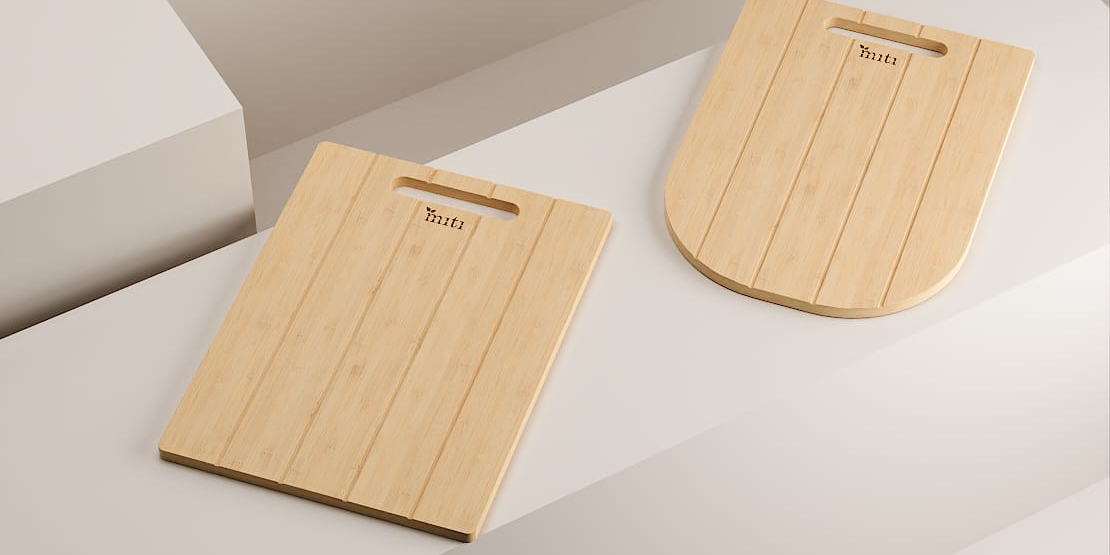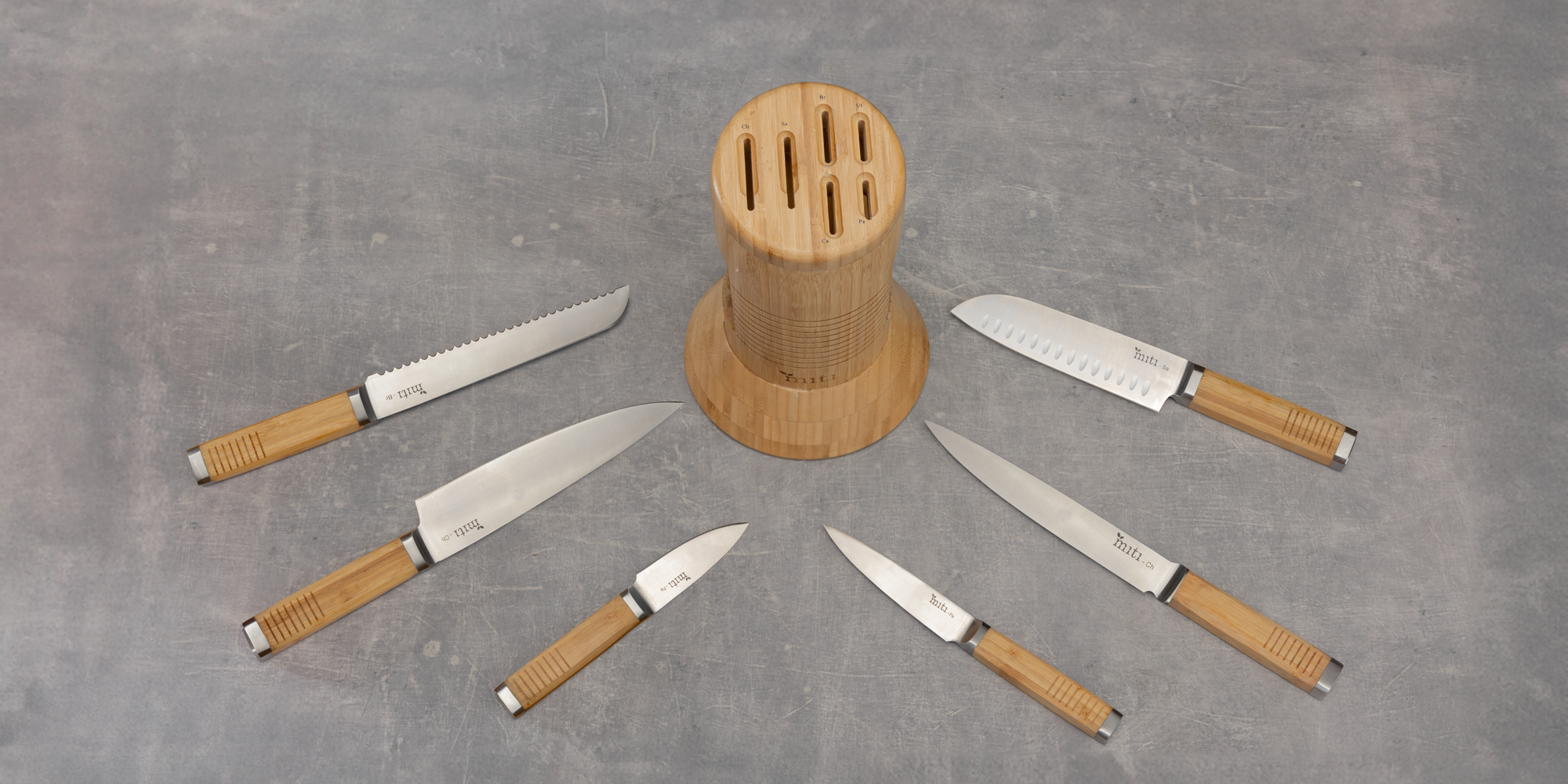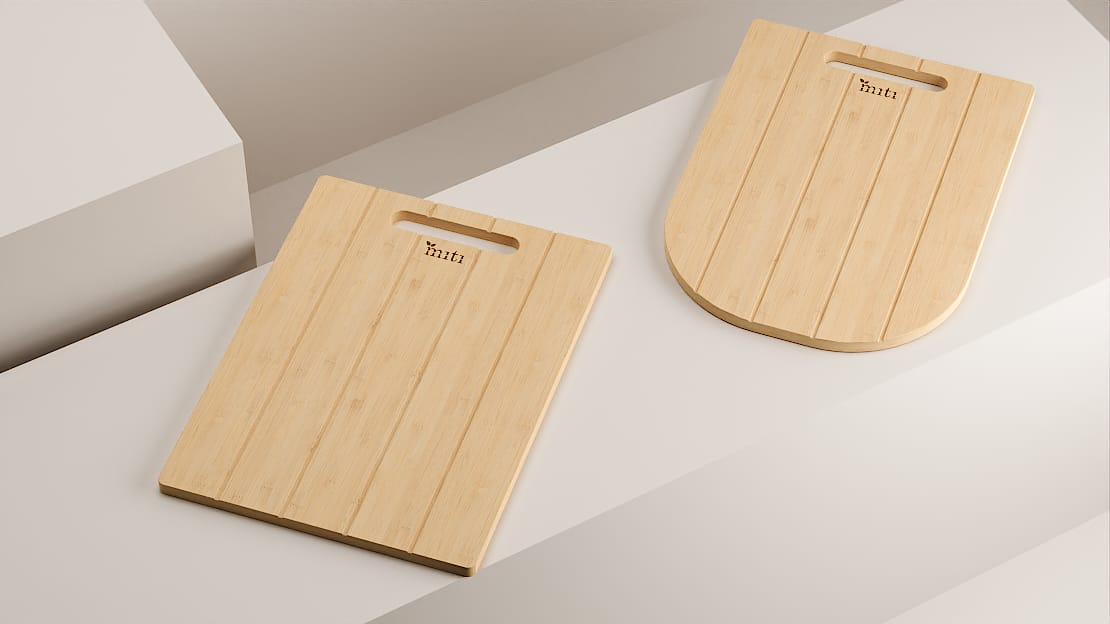Environmental consciousness is gaining momentum, especially to many who have been awakened; the choice between plastic and bamboo has become a pivotal consideration. The impact of our decisions on the environment cannot be overstated, and understanding the repercussions of materials like plastic and bamboo is crucial.
The Environmental Toll of Plastic
Plastic, a material synonymous with convenience and versatility, has also emerged as a substantial threat to the environment. Derived from non-renewable resources, plastic production emits greenhouse gases, contributing significantly to climate change.
Furthermore, its non-biodegradable nature poses a severe hazard to wildlife and ecosystems. Single-use plastics, like bottles and bags, inundate landfills and oceans, taking centuries to decompose while polluting our planet's precious resources.
The longevity of plastic products further exacerbates the problem. Microplastics, resulting from the breakdown of larger plastic items, infiltrate soil, water, and the food chain, posing a grave risk to both human health and the environment.
The Promising Role of Bamboo
On the other hand, bamboo, a fast-growing and renewable resource, presents itself as a sustainable alternative to plastic. Unlike trees that take years to mature, bamboo grows rapidly, reaching maturity in a few years and requiring minimal water and no pesticides. Its regenerative properties make it eco-friendly, contributing significantly less to carbon emissions than plastic production.
Bamboo's versatility is remarkable, as it can be used for various purposes, from construction to textiles and, most importantly, as an alternative to single-use plastics. Products made from bamboo, such as utensils, straws, and packaging, offer biodegradability and reduce environmental pollution, ensuring a more sustainable future.
Reducing Carbon Footprint with Bamboo

The cultivation of bamboo significantly aids in reducing the carbon footprint. As bamboo grows, it absorbs more carbon dioxide than trees, contributing to cleaner air and mitigating climate change. Its rapid growth rate ensures a readily available and replenishable resource without causing deforestation, making it an excellent choice for a greener planet.
MITI Life: Pioneering Sustainable Living
Amidst the global call for sustainable living, MITI Life stands out as a beacon of change. Committed to zero waste advocacy and fostering a sustainable environment, MITI Life offers a diverse collection of bamboo-based products that redefine lifestyle, home living spaces, and kitchenware.
From stylish and durable bamboo knife sets to elegantly crafted bamboo furniture and water bottles, MITI Life's product range embodies the essence of eco-conscious living. Their kitchenware collection, featuring bamboo knives, knife blocks, and chopping boards, promotes a greener approach to culinary practices.

In home spaces, MITI Life's bamboo items of furniture such as bamboo lamps and lighting not only exude elegance but also reflect a commitment to sustainability. The use of bamboo in furniture manufacturing ensures durability and eco-friendliness, aligning with the ethos of responsible consumption and production.

Embracing a Sustainable Future
In conclusion, the environmental impact of plastic versus bamboo is strikingly disparate. Plastic perpetuates pollution, endangers ecosystems, and contributes significantly to climate change. Conversely, bamboo emerges as a beacon of hope, offering a renewable, fast-growing, and eco-friendly alternative that aids in reducing carbon emissions and environmental degradation.
MITI Life's dedication to zero waste and sustainable living echoes the urgent need for change in our consumption patterns. Their innovative bamboo product collection serves as a testament to the possibility of a sustainable future, one where conscious choices make a profound difference.
Choosing bamboo over plastic is not merely a lifestyle choice; it's a commitment to preserving the planet for future generations. Let us embrace sustainable alternatives like bamboo, support initiatives like MITI Life, and collectively strive for a greener, healthier planet.
As we move forward, let us remember: that every small choice towards sustainability counts in sculpting a better, more sustainable environment for all.







